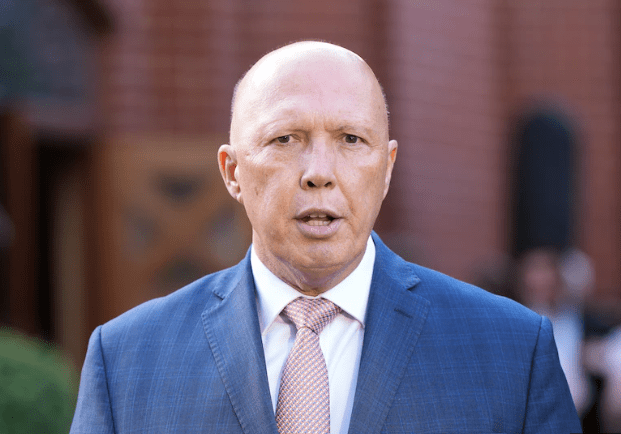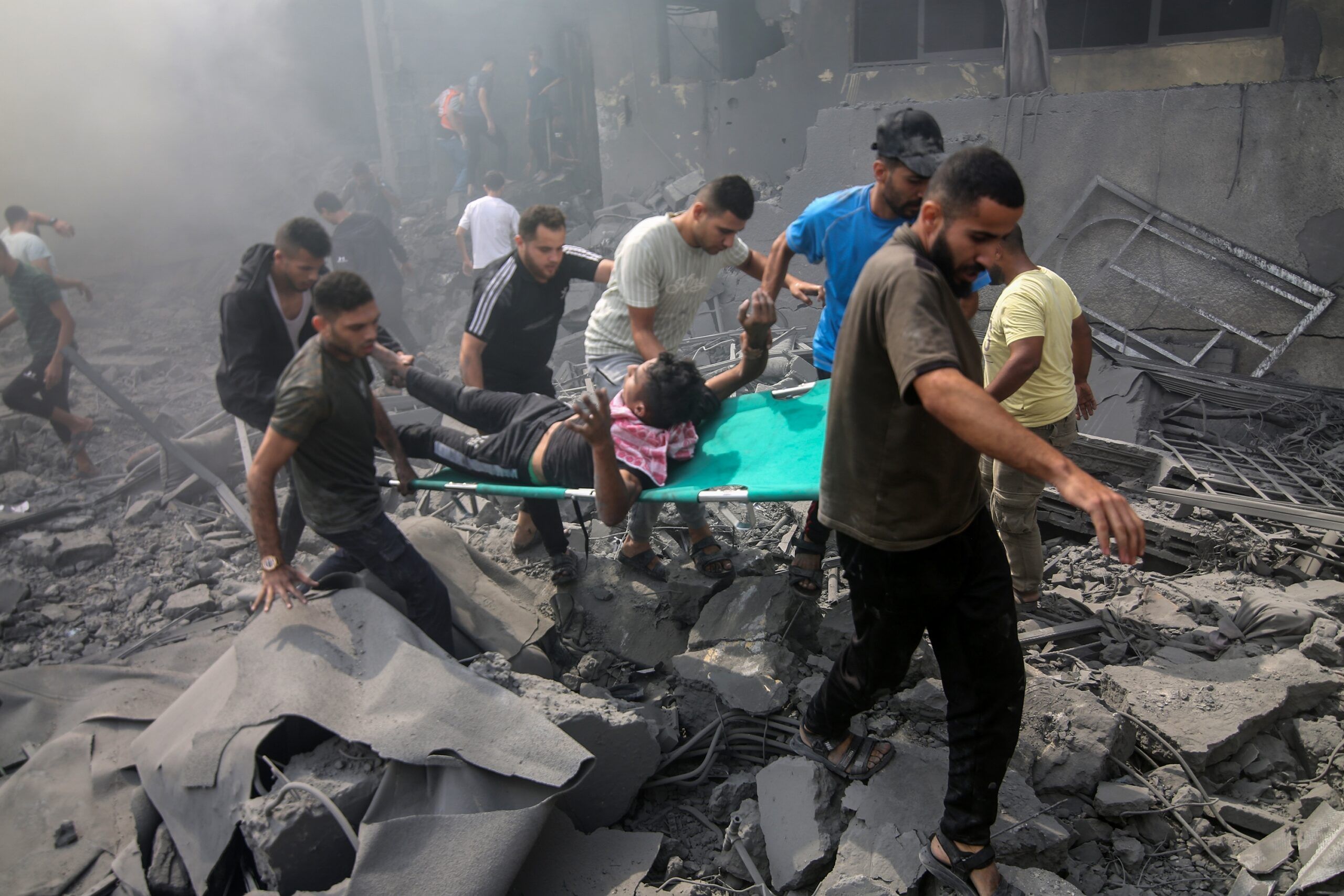Australian Opposition Leader Peter Dutton is reportedly seeking legal advice after being called “racist” over his opposition to granting visas to Palestinians fleeing the conflict in Gaza.
His remarks have sparked widespread criticism, intensifying debates over Australia’s immigration policies and the rhetoric surrounding national security.
The controversy erupted when Independent MP Zali Steggall, under parliamentary privilege, labelled Dutton a “racist” for his stance on refusing visas to Palestinians. Although she was compelled to withdraw the remark in parliament, Steggall reiterated her criticism outside, arguing that Dutton’s rhetoric was dangerously divisive.

In subsequent media appearances, Steggall defended her position, insisting that calling out such behaviour was necessary and not inflammatory.
Dutton vehemently denied the allegations, claiming that Steggall’s accusations were themselves a source of division. He argued that unjustly branding political opponents as racists exacerbates societal tensions.
“I’m not a racist, and I’m not going to be standing here as a punching bag for people like Zali Steggall,” Dutton told The Today Show on Friday. “I actually think, ironically, that them calling out people unnecessarily and unrealistically and unjustly as racists, they’re actually fuelling tensions.”
Sky News reports that Dutton is now exploring legal options against Steggall, as his defence has done little to quell the criticism.
The Lebanese Muslims Association swiftly condemned Dutton’s comments, characterising them as both racist and hypocritical. In a strongly worded statement, the association accused Dutton of exploiting social divisions for political gain, a charge that has resonated with many of his detractors.

Adding to the pressure, government members echoed Steggall’s criticism. Education Minister Jason Clare likened Dutton to Pauline Hanson, a controversial figure known for her hardline stance on immigration, but “without the personality.”
Government Services Minister Bill Shorten challenged Dutton to substantiate his claims that recent arrivals from Gaza pose a security threat, dismissing the Opposition Leader’s warnings as unsubstantiated fearmongering.
Despite the backlash, Dutton remains resolute. He has called for a halt to all visa approvals for individuals from Gaza, citing national security concerns.
Drawing parallels with previous conflicts in Syria and Afghanistan, Dutton emphasised the importance of rigorous pre-approval screening, including biometric testing and interviews, before granting visas.
“I don’t think people should be coming in from that war zone at all at the moment. It’s not prudent to do so, and I think it puts our national security at risk,” Dutton told Sky News on Wednesday.
This position was somewhat undermined by comments from ASIO Director General Mike Burgess, who pointed out the limitations of biometric testing, noting its effectiveness only when applicants are already flagged in existing databases.
Burgess reassured the public that current security checks are in place but suggested that the threat Dutton fears may be overstated.
The government, led by Prime Minister Anthony Albanese, has defended its approach, maintaining that the screening process for Gaza visa applicants is consistent with protocols established under previous Coalition governments.
Albanese and Home Affairs Minister Tony Burke further clarified that Gaza’s closed borders make third-country processing currently impossible, further complicating the situation.
As Dutton seeks legal advice over Steggall’s comments, the broader implications of this controversy are becoming clear. The discourse touches on sensitive issues of national security, racial discrimination, and the ethics of political rhetoric in a time of crisis.

